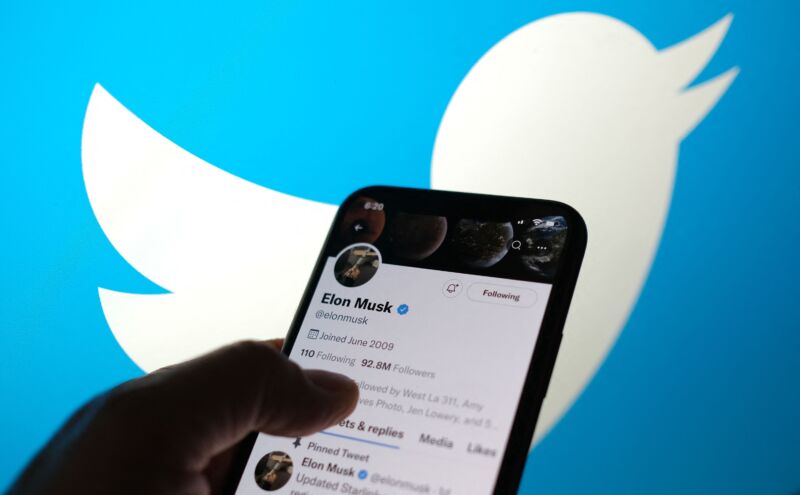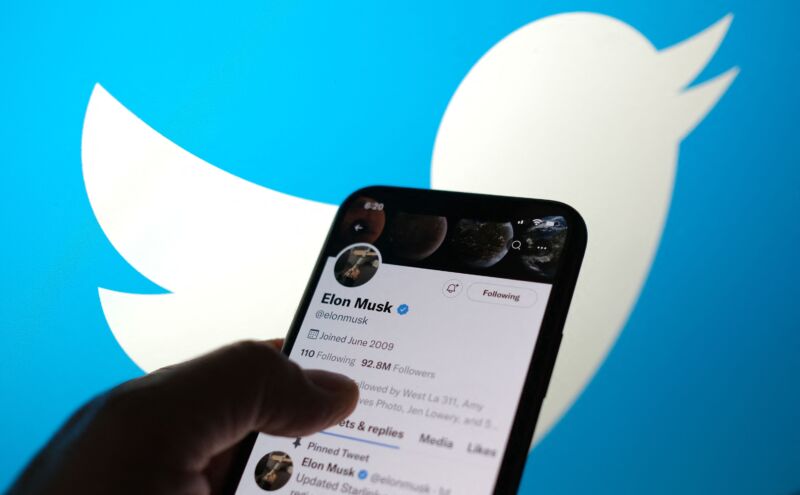
Enlarge (credit: Chris Delmas/Getty Images)
Since the financial crisis, corporate lawyers have aspired to build the ultimate ironclad merger contract that keeps buyers with cold feet from backing out.
The “bulletproof” modern deal agreement now faces one of its biggest tests, as Elon Musk, the Tesla boss and richest person in the world, openly entertains the possibility of ditching his $44 billion deal for Twitter.
Musk said in a tweet this week that the “deal cannot move forward” until the social media platform provides detailed data about fake accounts, a request that Twitter seems unlikely to meet. Twitter’s board, meanwhile, has stated its commitment “to completing the transaction on the agreed price and terms as promptly as practicable.”











